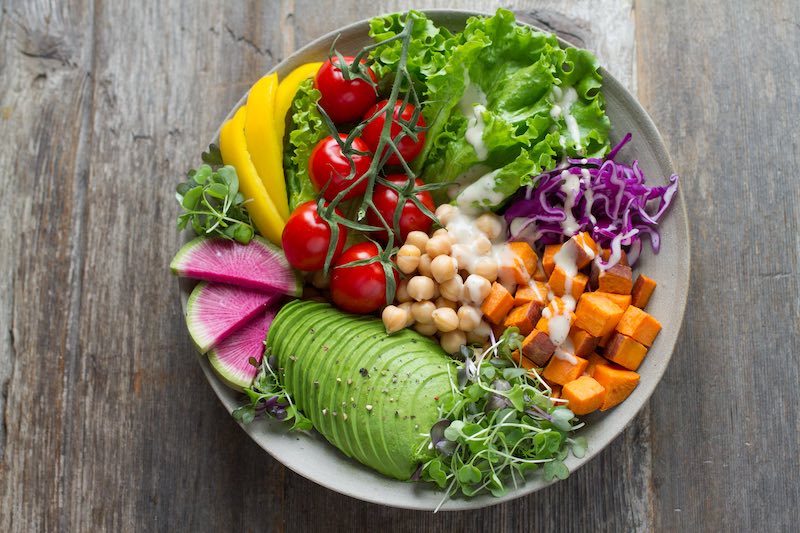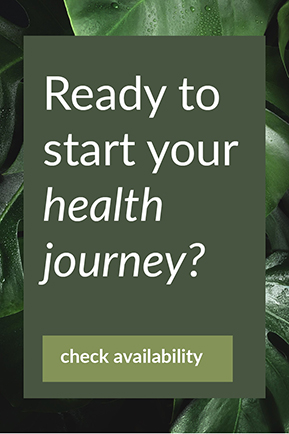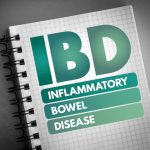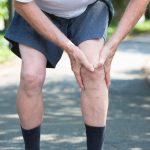Vegan and vegetarian diets are becoming increasingly popular as people move towards more sustainable lifestyles and can be wonderfully healthful ways of eating. Eating a plant-based vegan or vegetarian diet has been linked to improved cardiovascular health, reduced risk of type 2 diabetes and metabolic syndrome, and can even have a beneficial effect on our intestinal microbiome. However, eliminating animal products from the diet can come at a cost, particularly if you are not aware of the nutritional limitations of eliminating these foods. Certain nutrients, such as protein, iron, omega 3 fatty acids and others, are found more abundantly in animal foods than they are in the plant world, which means careful dietary planning is required to ensure you are reaching your optimal intake for good health. Other nutrients, such as vitamin B12, are only bioavailable to humans through the consumption of animal products, and generally always requires supplementation for vegans and some strict vegetarians. In this blog post, we look at some of the major nutrients that can be lacking in a vegan or vegetarian diet, what this might look like in terms of health, and how we can boost consumption of these important nutrients to better support overall health.
Protein
Adequate protein intake is vital for health. Protein is used to build our muscles and organs, to make hormones and immune antibodies, and even helps to maintain our fluid balance and the pH of our bodies. Although overt protein deficiency (known as kwashiorkor) is incredibly rare in the Western world, a vegan diet without appropriate planning for protein intake can lead to protein insufficiency and negative health consequences.
Signs that you might be low on protein include:
- Brittle nails
- Hair loss
- Poor immune function, tendency to infections
- Loss of muscle mass, muscle weakness, or delayed muscle recovery
- Increased appetite and food cravings
Protein should make up 15-25% of your daily food intake. For a 65Kg woman, this would be around 10-16g of protein per day, or around 5g per main meal. 5g of protein would look like:
- 62g organic tofu (around ¼ cup)
- 50g lentils (around ¼ cup cooked)
- 75g hommus (around 5 tablespoons)
- 150g mushrooms (around 2 cups)
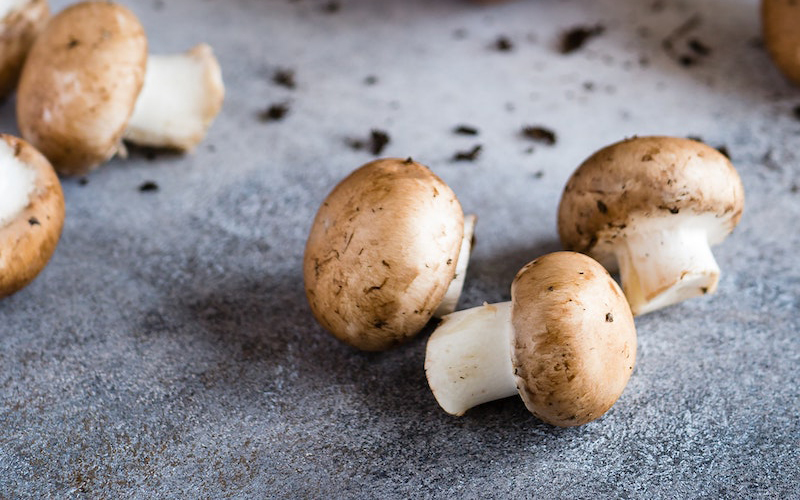
Other vegan sources of protein include:
- Nuts and seeds – choose a variety of different nuts and seeds to include in your diet to maximise your mineral intake at the same time. Try almonds, cashews, Brazil nuts, walnuts, pumpkin seeds, and hemp seeds. Nut butters and even tahini can also be great sources of protein, but be sure to choose varieties without emulsifiers and other unnecessary additives.
- Other legumes, such as black beans, chickpeas, and peanuts – always remember to wash your legumes thoroughly before cooking or eating to reduce your intake of phytates (these can block the absorption of other nutrients)
- Tempeh and edamame – choose organic varieties, as these are generally GMO-free.
As you can see, eating sufficient protein in a day isn’t difficult, provided you include a good source of protein at each of your main meals.
Essential Fatty Acids
Fatty acids are an integral part of every cell membrane in the body, helping to control what goes inside the cell and what comes out of it. They are also used as the building blocks for certain types of hormones such as prostaglandins, which are involved in tissue healing and blood clotting, and regulate the body’s response to injury and inflammation. The types of prostaglandins created with omega-3 fatty acids are more anti-inflammatory in their actions, which is why it is important to consume sufficient omega-3 fatty acids, to balance the pro-inflammatory actions of omega-6. The anti-inflammatory effects of omega-3 fatty acids aren’t limited to just physical wound healing, either. These anti-inflammatory effects are also beneficial for heart health, blood pressure and even cancer prevention. Omega-3 fatty acid supplementation has also been shown to be effective in managing a number of specific health conditions associated with inflammation, including depression, osteoarthritis and even eczema. For vegans, there are fewer food sources of naturally occurring omega-3 fatty acids, so consuming sufficient amounts requires some dietary planning.
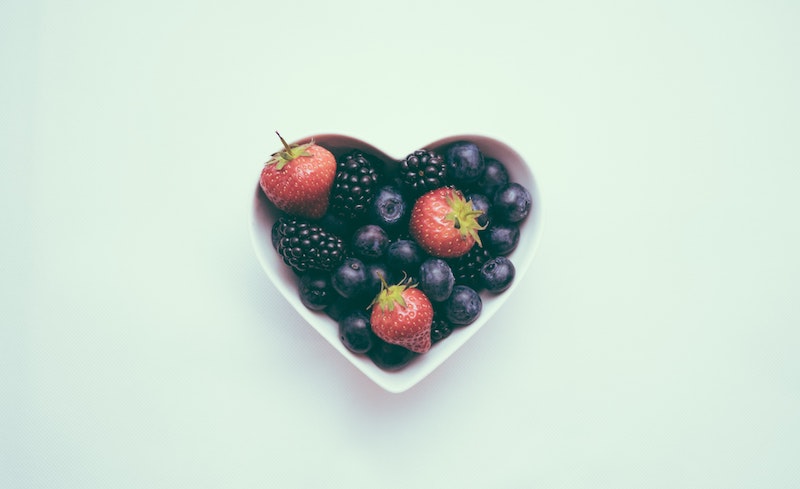
Signs that you might be low on omega-3 fatty acids include:
- Low mood and even depression
- Dry skin, brittle hair, peeling nails
- Dry eyes
- Joint pain
Walnuts, hemp seeds and chia seeds are some of the best vegan sources of omega-3 fatty acids. They can be easily incorporated into your daily diet by adding a sprinkle on top of coconut yoghurt or a smoothie, or by incorporating them into a salad. A high-quality, non-animal derived omega-3 supplement is also well worth considering for both vegans and vegetarians. Vegan omega-3 supplements are often made with algae. Speak with your naturopath about finding a good quality supplement that will suit your needs.
Vitamin B12
Vitamin B12 is required for a range of different bodily processes, including making red blood cells. Vitamin B12 deficiency results in a type of anaemia called “macrocytic anaemia” – the blood cells aren’t formed properly and end up being too big. These overly large red blood cells are unable to fit into the capillaries and therefore can’t transport oxygen efficiently anymore. Like iron-deficiency anaemia, this causes reduced oxygen delivery throughout the body, leading to fatigue. Vitamin B12 deficiency is a serious health concern, particularly as the onset of certain symptoms, such as tingling of the hands and feet, can indicate severe deficiency and potentially irreversible nervous system damage.
Signs that you might be low on vitamin B12 include:
- “Pins and needles” or tingling of the hands and feet
- Fatigue, brain fog
- Low mood and irritability
Bioavailable forms of vitamin B12 are only found in animal products such as meat, and in fact some vegan foods contain B12 analogues (inactive forms of B12), which can inhibit the absorption of “true” vitamin B12, further impacting B12 status. Vitamin B12 in a vegan diet is primarily found in fortified foods such as cereals and plant-based milks, as well as nutritional yeast flakes. Aside from these foods, there is little to no vitamin B12 in a vegan diet, but vegetarians will get some B12 if they eat eggs. Because of the risk of serious, irreversible health effects due to B12 deficiency, it’s important for vegans and strict vegetarians to use a quality vitamin B12 supplement to support their health. Speak with your naturopath or health care provider for advice.
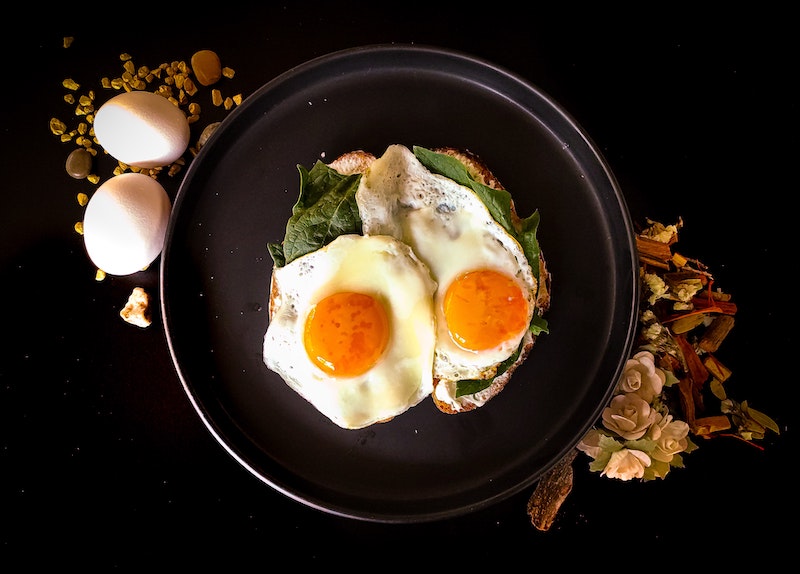
Calcium
Calcium is an important mineral for bone health, but is also important for muscle contraction, fluid balance, nerve cell signalling and regulating the heart rate. Persistently low intake of calcium leaves us more at risk of serious health conditions including bone fractures and osteoporosis.
Signs you are low on Calcium include:
- Muscle cramps and spasms
- Weak, brittle nails
- Fatigue and lethargy
One of the primary vegan food sources of calcium are green leafy vegetables, such as broccoli, cabbage, Swiss chard, and kale. Vegans can also get their calcium intake from sources such as tofu, almonds, and legumes, like lentils and chickpeas. Fortified plant-based milks can also provide calcium. A common misconception among vegetarians is that spinach is a good plant-based source of calcium. Whilst spinach does contain a high amount of calcium, it is also high in oxalates, a plant constituent that binds tightly to calcium, making it much more difficult for our bodies to absorb. Although spinach is still a wonderfully healthy vegetable (and a great source of iron!), it’s best not to rely on spinach too heavily for your calcium needs.
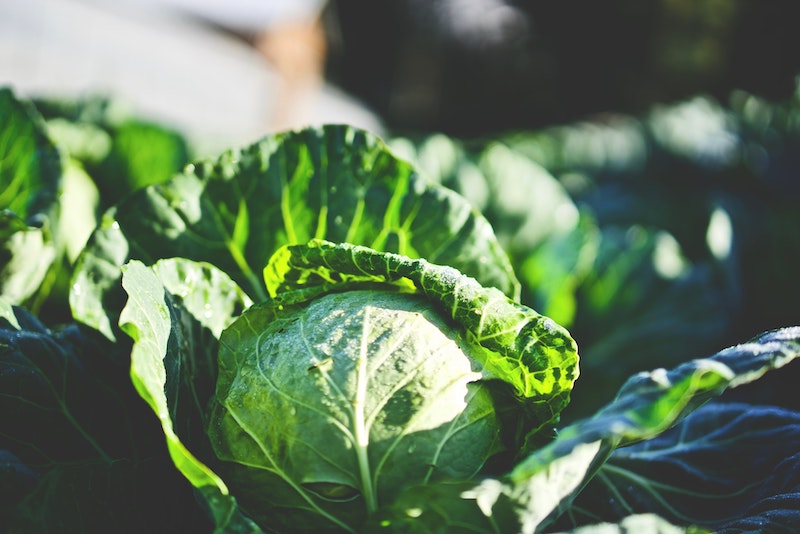
Iron
Iron is most famous for its role in transporting oxygen throughout the body via haemoglobin in our red blood cells, but it is involved in other processes in the body, too, particularly in the immune system. Iron helps immune cells, such as lymphocytes, grow and mature, ready to respond to infection. Iron deficiency results in a condition called iron deficiency anaemia, also known as “microcytic” anaemia, as the blood cells become too small to function properly without sufficient iron for their production.
Signs of iron deficiency include:
- Fatigue
- Shortness of breath
- Pale skin – this can be particularly noticeable in the skin inside the lower eyelids
- Headaches, light-headedness, and dizziness
- Dry skin
- Hair loss
- Mouth ulcers
- Brittle nails
- Low mood
- Increased susceptibility to infections
There are two types of iron that we can get from foods – haem and non-haem. Haem iron is the type found in animal foods, particularly red meat. It much more bioavailable, meaning we need to eat less of it in order to absorb enough for our health. Non-haem iron, the type found in plants, is less bioavailable, so we do need to eat more of this type in order to achieve the same iron status.
Vegan food sources of iron include tofu, lentils, chickpeas, pumpkin and sesame seeds, almonds, cashews, and green leafy vegetables such as spinach and kale. You can help to make non-haem iron more bioavailable by including a source of vitamin C in your meal (such as capsicum, broccoli, strawberries or citrus fruits) – this makes it easier for our bodies to absorb more of the iron. With careful dietary planning, iron supplementation may not be required, however it is important to discuss this with your health care provider to find out if your iron needs can be met through diet alone. Likewise, it’s important to see your health care provider before beginning iron supplementation, as many of the signs of iron deficiency are the same as for iron overload, so it’s important any iron deficiency is confirmed through blood testing first. If you do take an iron supplement, it may be wise to pause taking this when you are suffering from a bacterial infection – certain bacteria can use iron as a fuel source, so supplementation is best avoided during acute infections.
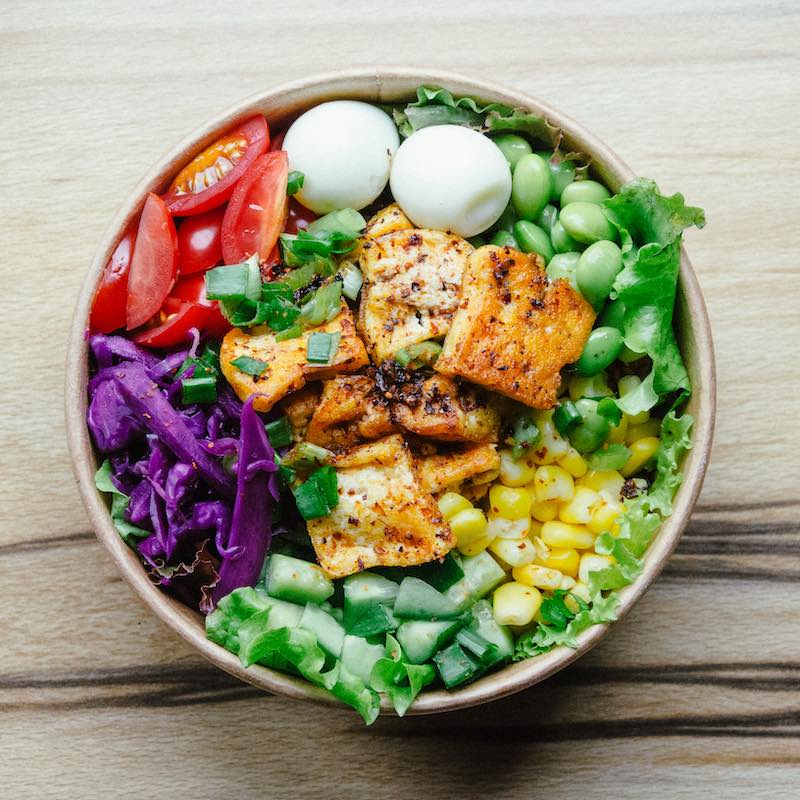
Zinc
Zinc is hugely important in the body, helping the immune system, wound healing, is used for building proteins in the body, and is even involved in DNA synthesis. Our bodies cannot store zinc, so ensuring we are eating plenty of zinc on a regular basis is incredibly important for our ongoing health.
Signs you may be low in zinc include:
- Poor wound healing
- Reduced sense of smell and/or taste
- Low appetite, weight loss
- Diarrhoea
- Increased susceptibility to illness and infection
Nuts and seeds are a great source of zinc for vegans and vegetarians, particularly chia seeds, pumpkin seeds, cashews, walnuts, and hemp seeds. Legumes such as chickpeas and lentils, as well as quinoa and tofu, also offer substantial amounts of zinc.
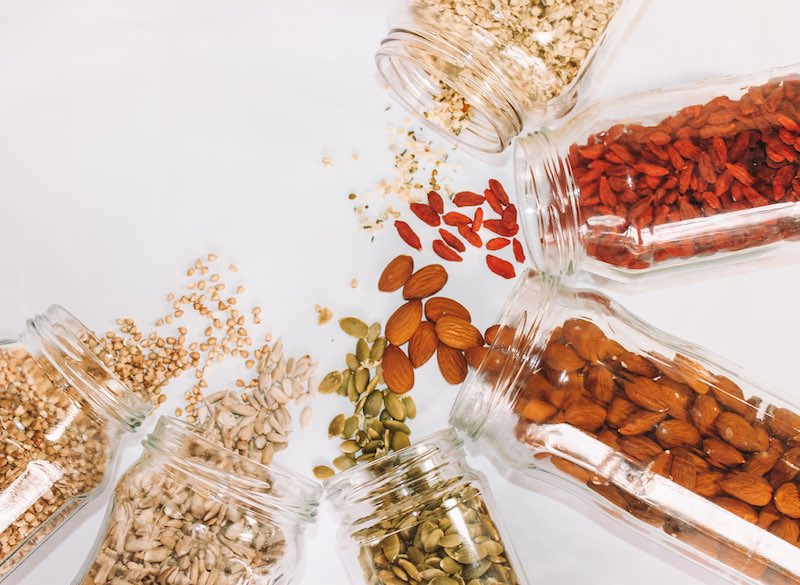
Iodine
Iodine is an essential component of our thyroid hormones, which are vital for normal metabolism, heart rate, protein synthesis and bone maintenance. Iodine deficiency leaves us at risk of hypothyroidism, a condition whereby the body doesn’t produce enough thyroid hormones to maintain normal bodily function.
Signs and symptoms of iodine deficiency (and low thyroid function) may include:
- Weight gain
- Fatigue, memory problems
- Dry, cold skin
- Hair loss
- Slow heart rate
- Heavy or irregular periods
Unfortunately, it’s difficult to assess how much iodine is present in plant foods because it is highly dependent on the amount of iodine available in the soil in which the vegetables were grown. In Australia, much of our soil is lacking in iodine, which means our food is, too. One of the richest natural vegan sources of iodine is seaweed, however, unless you eat a lot of Japanese cuisine, you may not be eating enough of this to be ensuring sufficient iodine intake. Using iodised salt in your cooking can help boost your intake, but otherwise a supplement may be required. Speak with experienced naturopath Tanya about iodine supplement options that will suit your needs.
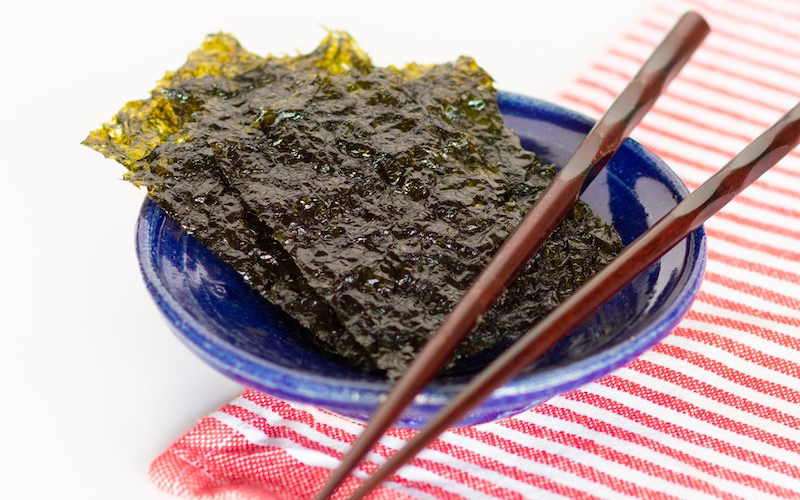
References
Bahamondes, M. A., Valdes, C., & Moncada, G. (2021). Effect of omega-3 on painful symptoms of patients with osteoarthritis of the synovial joints. Systematic review and meta-analysis. Oral Surgery, Oral Medicine, Oral Pathology and Oral Radiology.
Kahleova, H., Levin, S., & Barnard, N. D. (2018). Vegetarian dietary patterns and cardiovascular disease. Progress in Cardiovascular Diseases, 61(1), 54–61.
Liao, Y., Xie, B., Zhang, H., He, Q., Guo, L., Subramaniapillai, M., Fan, B., Lu, C., & McIntyer, R. S. (2019). Efficacy of omega-3 PUFAs in depression: A meta-analysis. Translational Psychiatry, 9.
Niwattisaiwong, S., Burman, K., & Li-Ng, M. (2017). Iodine deficiency: Clinical implications. Cleveland Journal of Medicine, 84(3).
Punia, S., Sandhu, K. S., Siroha, A. K., & Dhull, S. B. (2019). Omega 3-metabolism, absorption, bioavailability and health benefits—A review. PharmaNutrition, 10.
Skrajnowska, D., & Bobrowska-Korczak, B. (2019). Role of zinc in immune system and anti-cancer defence mechanisms. Nutrients, 11(10).
Whitney, E., & Rolfes, S. R. (2013). Understanding nutrition (13th Ed.). Wadsworth Cengage Learning.
Wong, M.-W., Yi, C.-H., Liu, T.-T., Lei, W.-Y., Hung, J.-Sh., Lin, C.-L., Lin, S.-Z., & Chen, C.-L. (2018). Impact of vegan diets on gut microbiota: An update on the clinical implications. Tzu Chi Medical Journal, 30(4), 200–203.

